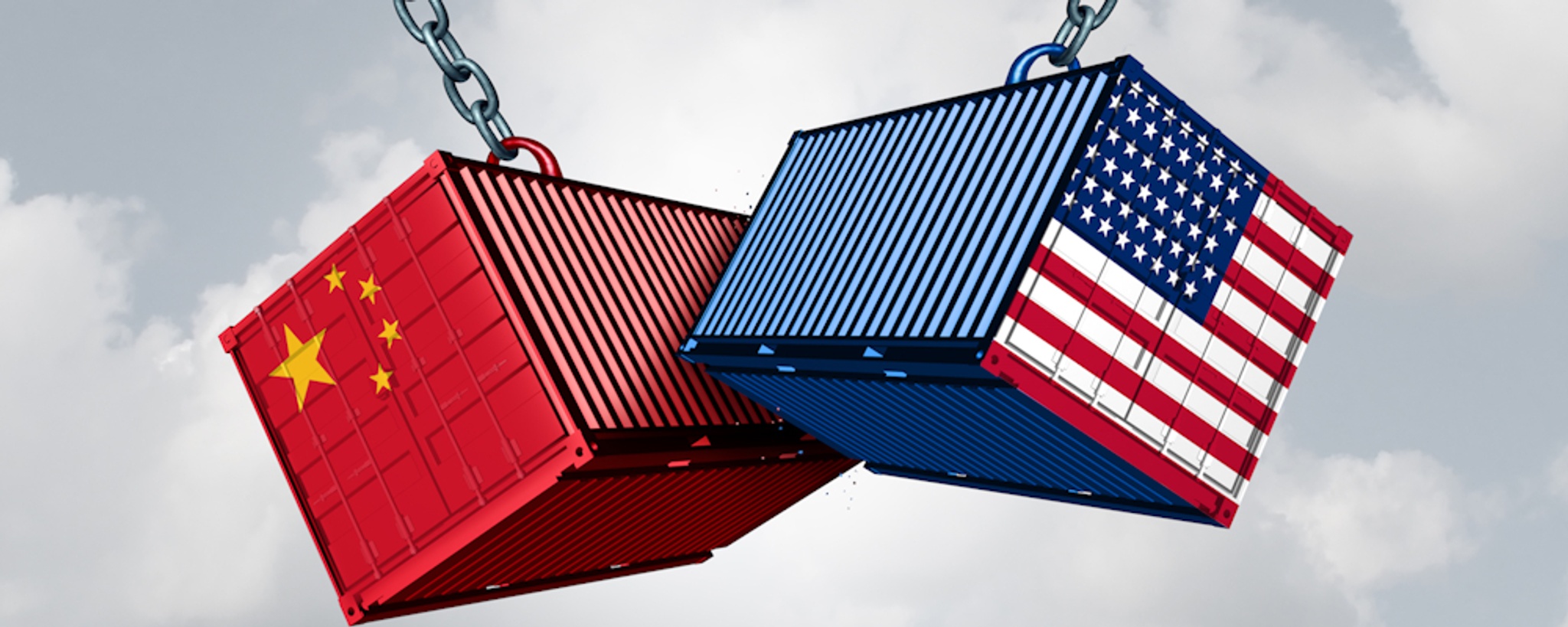Economic Theory
Navigate forward to interact with the calendar and select a date. Press the question mark key to get the keyboard shortcuts for changing dates.
Navigate backward to interact with the calendar and select a date. Press the question mark key to get the keyboard shortcuts for changing dates.
As nations engage in a race for global advantage in innovation, ITIF champions a new policy paradigm that ensures businesses and national economies can compete successfully by spurring public and private investment in foundational areas such as research, skills, and 21st century infrastructure. Our work in the realm of economic theory assesses the negative impact of conventional neo-Keynesianism and neoclassical economics on the 21st century economy and promoting “Innovation Economics” as a sounder alternative.

Vice President, Global Innovation Policy, and Director, Center for Life Sciences Innovation
Information Technology and Innovation Foundation
Read BioFeatured
More Publications and Events
June 26, 2025|Blogs
Rostow’s The Stages of Growth Needs a Sixth Stage
Rostow’s model suggests that stage five is the ultimate destination. A better model sees no fixed stages and certainly no permanent peak, only a relentless push to go higher and higher.
June 12, 2025|Blogs
The Fantasy of “Uninationals” and the Reality of Why America Needs Multinationals
In reality, we live in a global economy that requires large, integrated firms to advance national success. That means embracing multinationals, not demonizing them.
June 3, 2025|Blogs
Family First or Country First? Why National Conservatives’ Family Tax Cuts Miss the Mark
The best way to put a chicken in every family pot is by supporting policies that raise median per-capita income.
May 20, 2025|Blogs
“Khanservative” Antitrust Is Not the Answer to the Failure of Neoliberalism
Instead of throwing out the corporate baby with the bathwater, how about some nuance in the justified critique of neoliberalism?
May 15, 2025|Blogs
Trump’s Gilded Age Governing Agenda
President Trump and the MAGA movement want to return to the style of governance that reached its zenith during the McKinley administration—an era of small government, protective tariffs, limited immigration, and America as regional power.
May 8, 2025|Blogs
Squaring the Trump Circle: Free Markets and Tariffs
President Trump sees tariffs as an across-the-board global price reset, wherein the market, not the government, selects the firms that succeed behind America’s tariff wall.
April 16, 2025|Blogs
Trump Trade Negotiations: Embrace Strategic Trade, Not Autarky
The Trump administration will have to make a choice: Demand the removal of all foreign trade barriers or be strategic and focus on eliminating those critical to America’s techno-economic future.
February 5, 2025|Events
The Decline of the “Anglo-Saxon” System of Capitalism
Watch now for a panel discussion with international experts who discussed why nations operating by the Anglo-Saxon economic playbook must abandon their reliance on purely market-driven capitalism, how they can reverse their recent declines, and what alternative systems policymakers should embrace to meet the demands of a modern, technology-driven global economy.
January 30, 2025|Events
Scale Matters: Understanding The Economics of Global Semiconductor Innovation
Watch now for an expert panel elucidating the innovation economics of the global semiconductor industry, exploring how the industry is capitalized, and exploring the landscape of global semiconductor competition and policy in the year ahead.
January 30, 2025|Blogs
Increased Market Concentration Does Not Equal Less Innovation
Sustaining technological advancement and innovation requires the scale of larger enterprises. If antitrust enforcers are serious about promoting innovation as a key policy goal (as they should be), they should not deter industry concentration.




